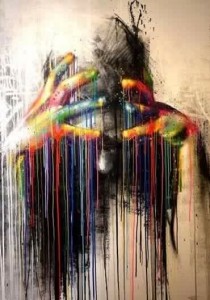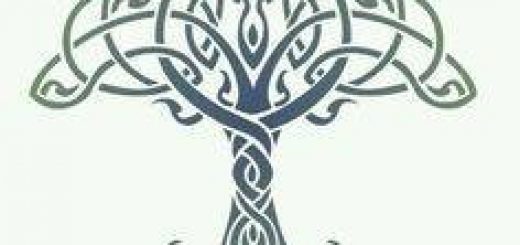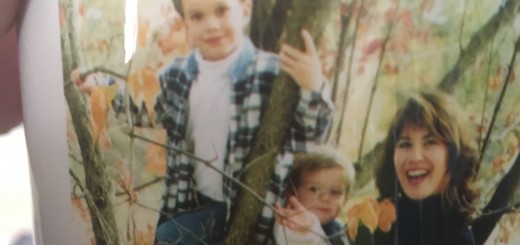Wanting


Jill Jacobs Www.freebirdcorp.com
“Sex, drugs and rock and roll.” I believe I first heard that expression when I was in middle school. That was about the time I was introduced to the tragic story of a young girl in the novel Go Ask Alice. It details her fall into drug abuse and the resulting sexual abuse she suffered. She makes it home and gets a new chance at life in the novel but, devastatingly, the (purported) actual girl the novel was based on did not live to see the book published. I sometimes think that book steered me clear of the temptation to use drugs, as I was a bit of an over-thinker from way back.
Interestingly, the punk rockers who coined the expression “Sex, drugs and rock and roll,” have said that it wasn’t an anthem for wild living. Rather, it was a reminder not to get stuck in the treadmill life of work. One of the song’s bridges that supports that reminder goes like this:
Keep your silly ways or throw them out the window
The wisdom of your ways, I’ve been there and I know
Lots of other ways, what a jolly bad show
If all you ever do is business you don’t like
— Ian Dury and the Blockheads, “Sex & Drugs & Rock & Roll”
I don’t know how true that is, but I now have Sex, Drugs and Rock and Roll, the Life of Ian Dury on my long reading list.
A musician I know, when asked what he was up to, would quip “Wine, Women and Song.” I figured it was his take on the more prevalent saying from The Blockheads. However, the German poet, Johann Veinrich Voss, is credited with the phrase: “He who not loves wine, women and song remains a fool his whole life long.” He lived from 1751 to 1826. This shows that, ironically, the expression “Wine, Women and Song” came well before Ian and the Blockheads.
I’d like to think both guys were speaking to the common hope we have of experiencing the essence of being alive, rather than living every day in drudgery. Maybe they’re telling us to learn what is truly valuable in life? Such as esteeming our community connections above the amount of money in our bank accounts. Or making sure that art and music and poetry do not get lost in the race to be seen as successful. I don’t really know, but wonder if some people get stuck in the lifestyle of wine or drugs because of the innate, yet sometimes elusive, desires for a sanguine life.
Jürgen Moltmann (a major voice in modern theology) says we tend towards a “destructive craving for life.” He attributes it to the fear of death. I interpret that to mean that the fear of death can be synonymous with a fear of not experiencing the joys of life. Meaning; the reality of our responsibilities can hinder the finer experiences, if we let them. He says “When the fear of death leaves us, the destructive craving for life leaves us too. We can then restrict our desires and our demands to our natural requirements. The dreams of power and happiness and luxury and far-off places, which are used to create artificial wants, no longer entice us. They have become ludicrous. So we shall use only what we really need, and shall no longer be prepared to go along with the lunacy of extravagance and waste. We do not even need solemn appeals for saving and moderation; for life itself is glorious, and here joy in existence can be had for nothing.” (Jürgen Moltmann, The Power of the Powerless)
“Life itself is glorious.” I imagine that is where we trip up, because the glory of life feels hidden in some of our more difficult seasons. I write this with the hope that, on days or seasons when the glory feels gone, we can keep the underlying view that, overall, we know it is good to be alive!
“Accept what life offers you and try to drink from every cup. All wines should be tasted; some should only be sipped, but with others, drink the whole bottle.”
Paul Coelo, Brida




Discussion